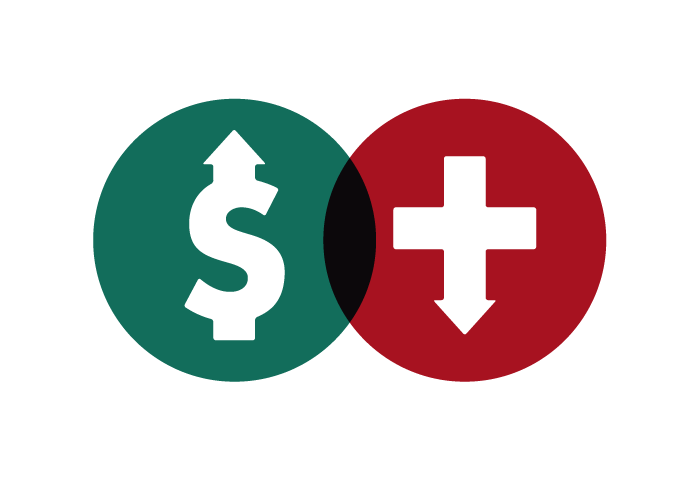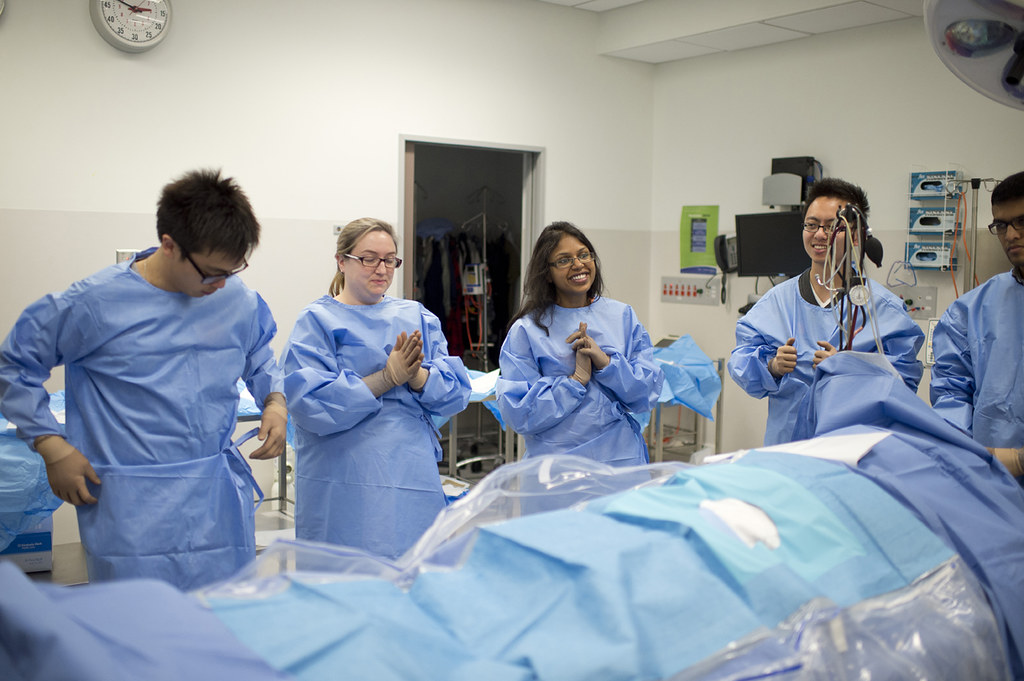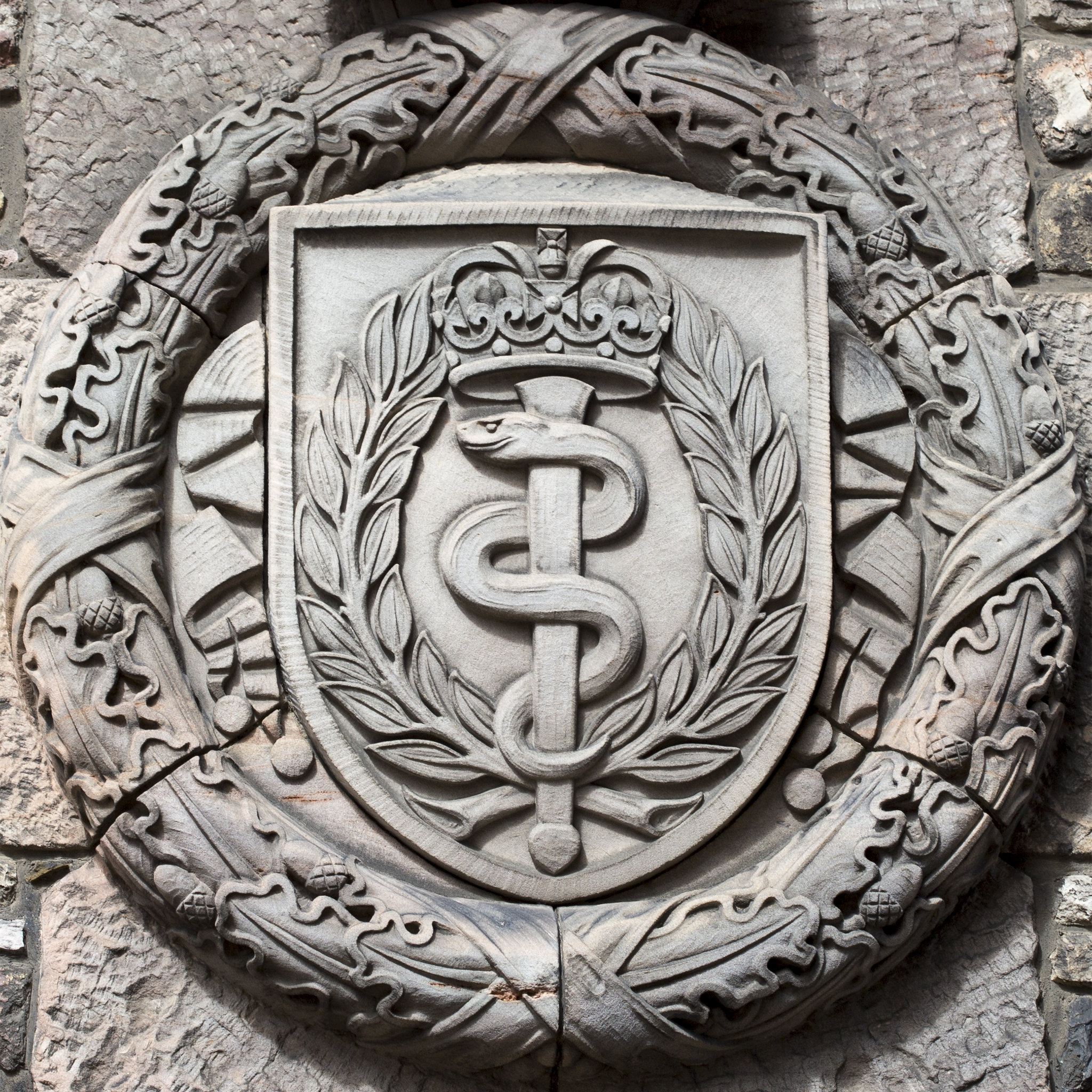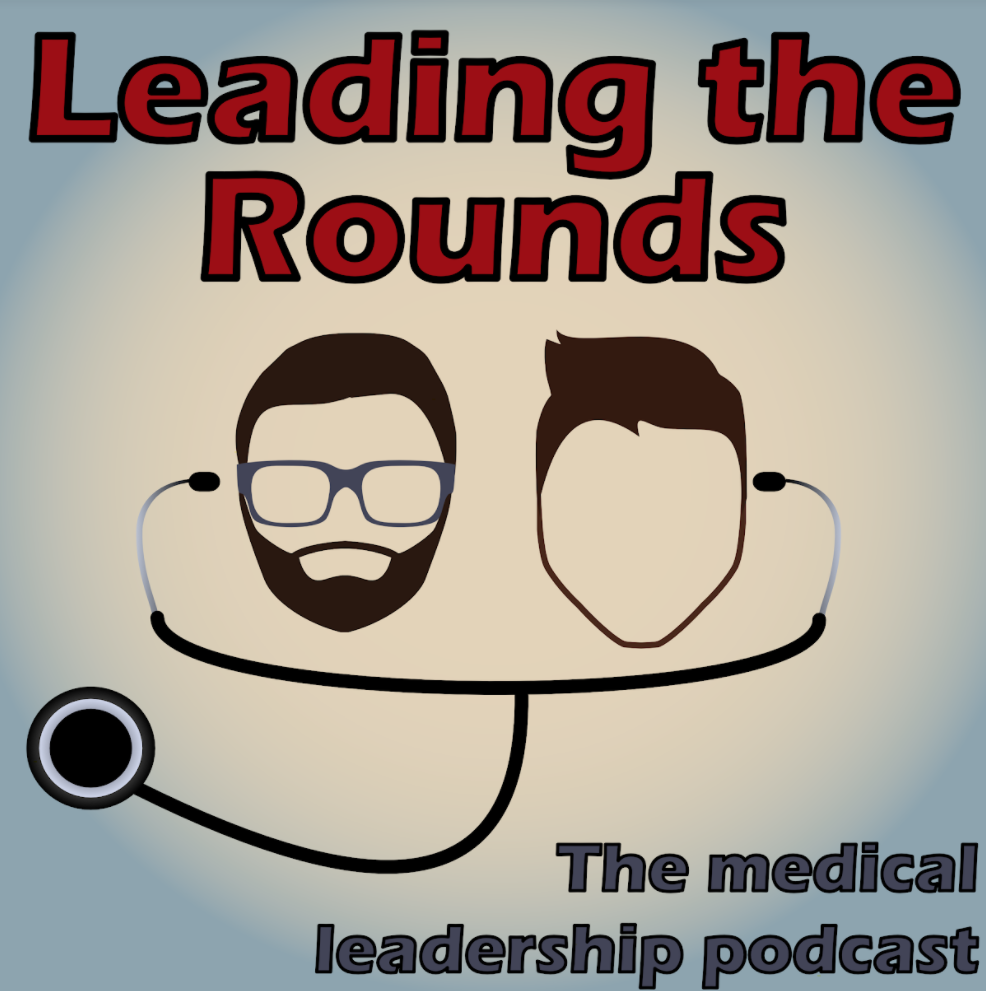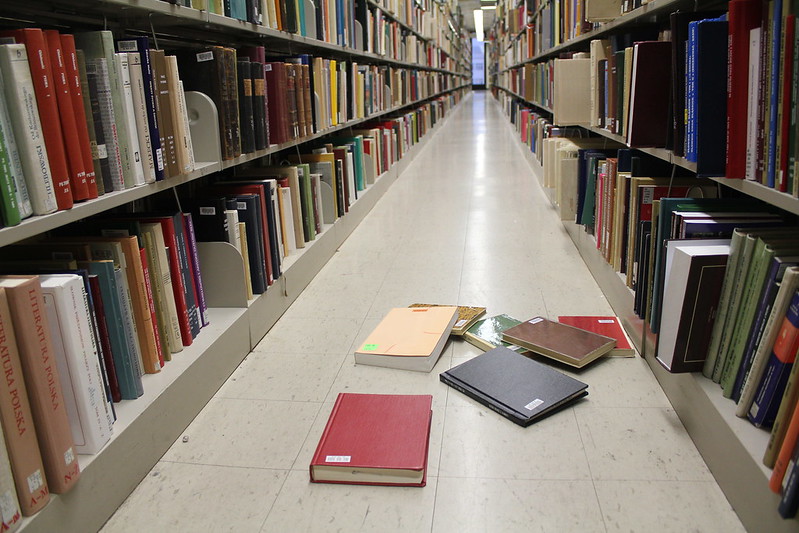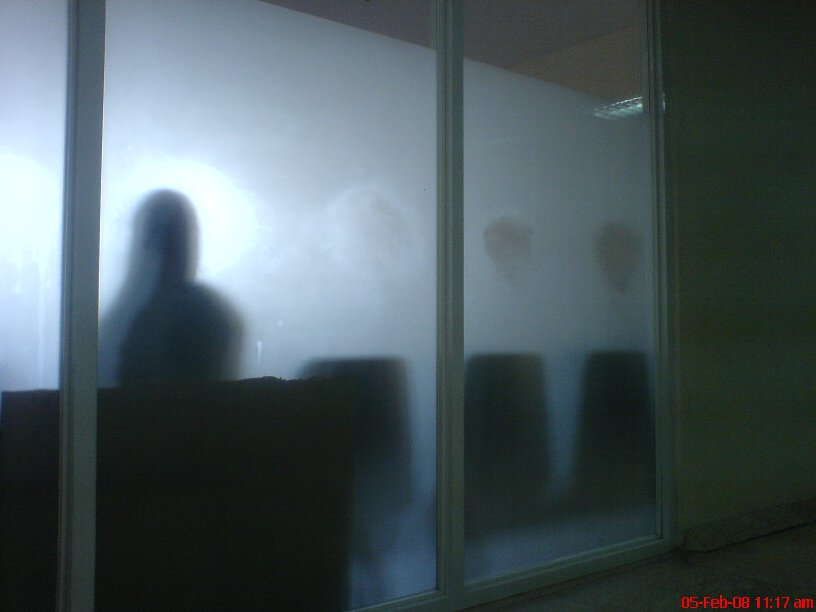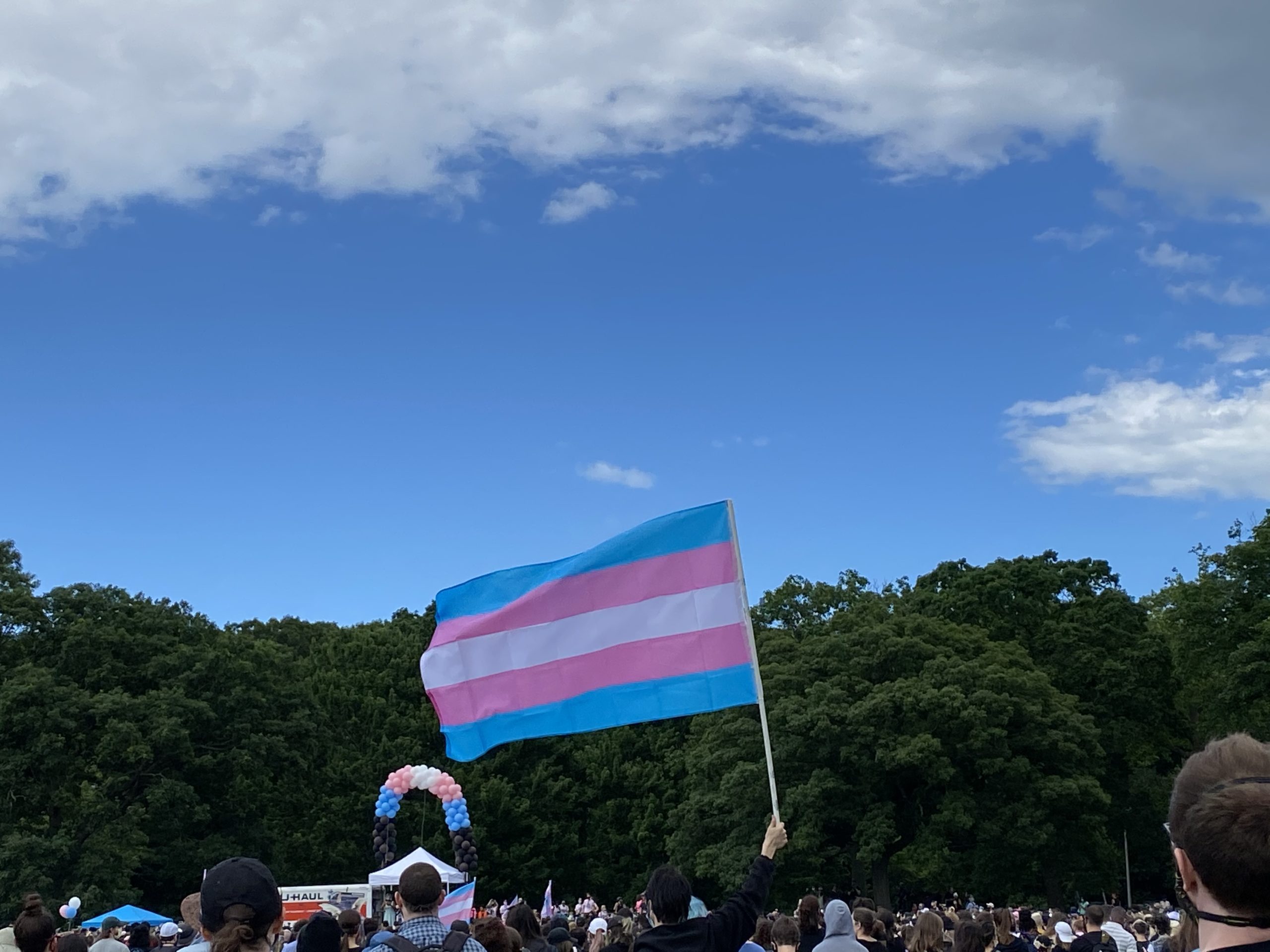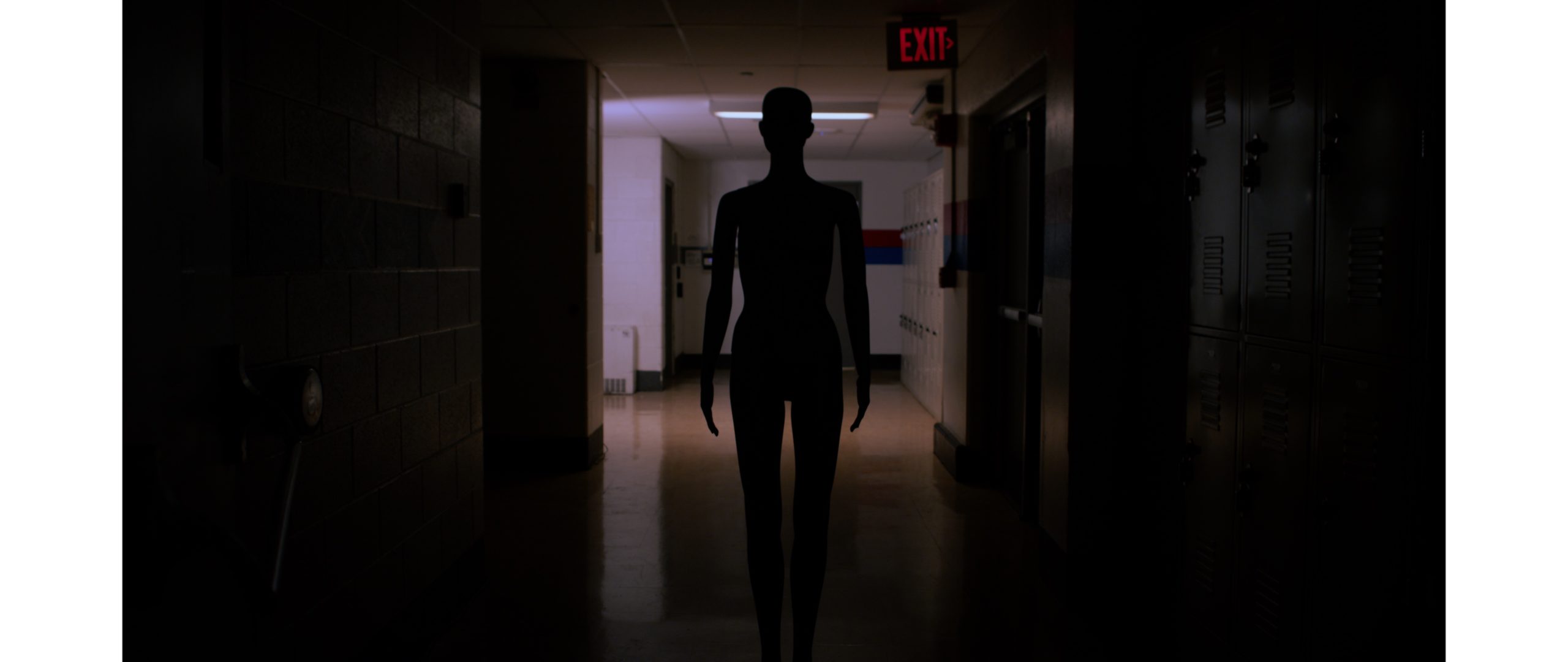We Have a Cost Crisis in Medicine. What Can Medical Students Do To Help?
There is a cost crisis in medicine: the health care industry accounts for about 18 percent of the GDP in the United States, and predictive models see this increasing in the coming years. This is a problem for the country as a whole as an estimated 41 percent of working Americans have some level of medical debt.

